By Deborah Coker
Prof. Benjamin Okaba, Global President, Ijaw National Congress (INC), says the main challenge facing the nation’s oil industry is poor execution rather than dearth of policies.
Okaba said this in a paper he presented at the GbaramatuVoice 10th Anniversary Lecture and Night of Honour, held on Wednesday in Abuja.
The paper was entitled ‘’Gaps and Silence in Nigeria’s Oil and Gas Economy: Appraisal of Resource Control, Security and Media Dynamics.’’
He said that Niger Delta’s ecological and social crises required more community-focused reforms resource in line with the Petroleum Industry Act.
He also said it required prioritisation of domestic industrialisation over export rents and funding of advocacy journalism to make silence unsustainable.
According to him, as Nigeria targets 2.5 million bpd (barrels per day) production, bridging these gaps is essential to transform the “curse of oil” into equitable energy future.
‘’We must take very seriously the fact that monumental gaps and silences abound everywhere in this country of ours; from education, healthcare delivery services, agriculture among others.
‘’This is due mainly to unaddressed constitutional infractions, executive rascality, legislative and judicial compromises, systemic corruption and mass indiscipline,’’ he said.
Okaba said this had left many citizens frustrated, disenchanted thereby making retrogressive reactions attractive.
“We must all rise to the occasion and in synergy be decisive in our resolve to individually and collectively, reset our nationhood and restore our national pride, prosperity and dignity.
He urged the media to continue to highlight the challenges faced by Niger Delta communities.
“The media is truly a weapon of justice; to every politician and policy maker, govern as if your legacy depends on justice in the creeks.
“The Niger Delta is not a victim. We are the moral compass of Nigeria. Let the creeks speak. Let Nigeria listen. And let the world bear witness,’’ he said.
Okaba also said that the Niger Delta could no longer expect approval from institutions that had failed to meet its expectations.
“The Niger Delta can no longer linger in expectation of validation from institutions that have willfully chosen blindness to our suffering and deafness to our truth.
‘’Our wounds are not invisible. Our cries are not faint. And our humanity is not negotiable. The time has come to transcend mere exposure and embrace authentic empowerment.
‘’The time for quiet endurance of indignity is also over. The Niger Delta has a right to its own destiny,” he said.
(NAN)

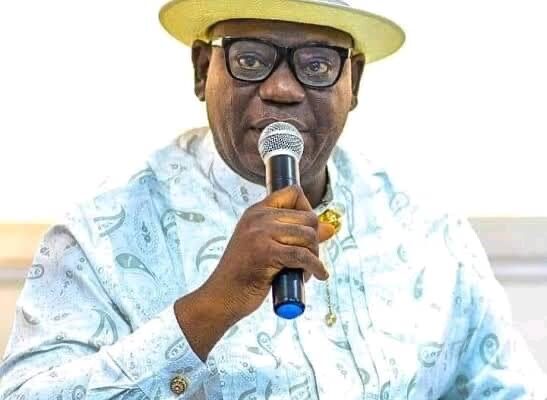

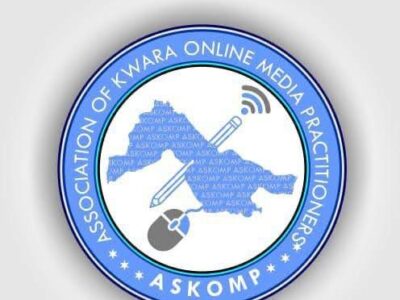
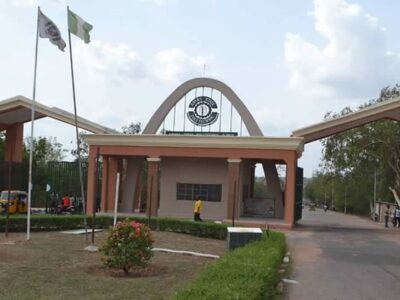
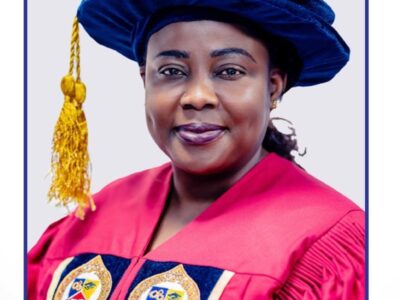

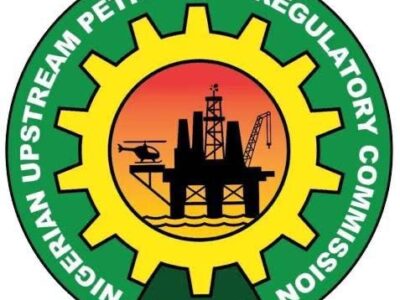
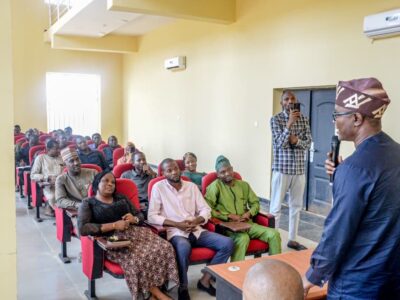

Comments